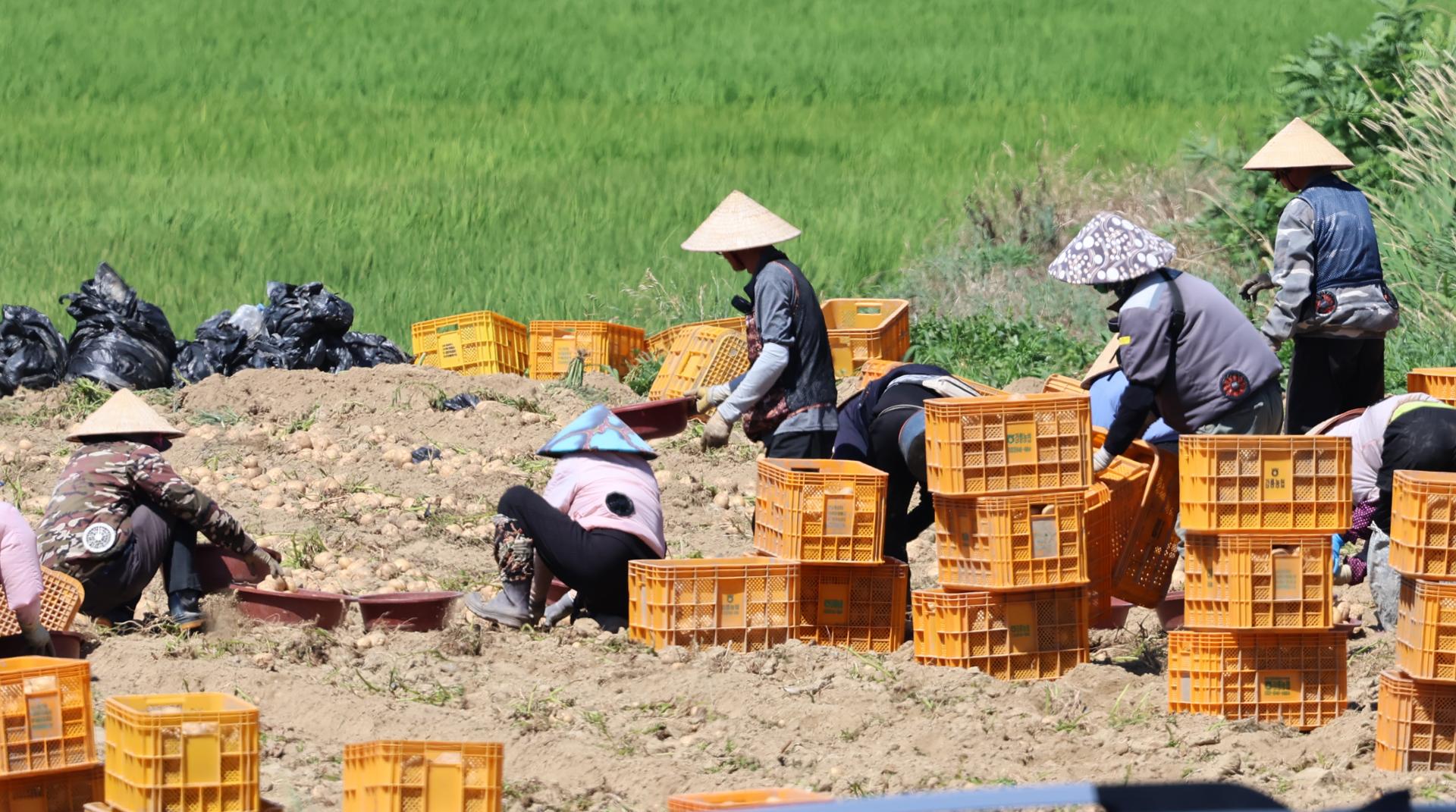Link to the original article :
https://www.koreatimes.co.kr/path/A2025073011290005393
Korea has reached a demographic milestone: the number of foreign residents staying in the country for more than three months has surpassed 2 million for the first time. According to Statistics Korea, the resident foreign population rose 5.6 percent year-on-year to 2.043 million last year, representing 3.9 percent of the total population. With the threshold for a multicultural society commonly marked at 5 percent, Korea is steadily moving in that direction.
This growth in foreign residents comes against the backdrop of Korea’s declining birthrate and aging population. In 2024, the number of Korean nationals decreased by 77,000, while the foreign population increased by over 100,000 ? offsetting what would otherwise have been a net population decline. This shift signals not just a change in numbers, but a fundamental transformation in the makeup of Korean society.
Foreigners are increasingly vital to Korea’s economy and public services. Many sectors ? such as agriculture, construction, manufacturing, elder care and hospitality ? now rely heavily on foreign labor to function. Multicultural marriages account for more than 10 percent of all unions, and over 5 percent of students in primary and secondary schools come from multicultural backgrounds. In higher education, international students make up more than 10 percent of the student body.
Another telling statistic: the median age of foreign residents is 36.3 years ? over a decade younger than median age of Koreans, at 46.8. The youthfulness of the foreign population is helping to slow the country’s demographic aging and inject much-needed dynamism into Korean society.
Yet despite these contributions, many foreign residents continue to face discrimination and systemic disadvantages. Around 80 percent of long-term foreign residents express a desire to settle permanently in Korea. However, one in five reports having experienced discrimination. Wage theft, precarious employment and lack of access to basic services are recurring problems. Children from multicultural backgrounds are more likely to drop out of school, and some families encounter significant barriers in education, housing and social integration. In May, the U.N. Committee on the Elimination of Racial Discrimination publicly expressed concern over a rise in hate speech targeting migrants in Korea.
Korea is not alone in facing the challenge of becoming a more multicultural society. Western countries that began accepting large numbers of immigrants decades ago offer both inspiration and cautionary tales. Many have benefited from the infusion of young labor and cultural diversity, but others have seen rising anti-immigrant sentiment, social fragmentation and the emergence of far-right political movements fueled by identity politics and fear.
These experiences offer a crucial lesson: immigration policy must be paired with strong integration frameworks. Without inclusive policies that promote mutual understanding and respect, the costs of multiculturalism may overshadow its benefits. Korea must not only accept more foreign residents, but also make concerted efforts to ensure their rights are protected, their voices are heard and their cultures are respected.
This includes implementing robust legal protections against discrimination, expanding social services to accommodate diverse family structures and enhancing language and cultural education programs. Korea also needs a long-term national strategy for social integration that involves local governments, schools, civil society and businesses.
We must move beyond viewing foreign residents simply as a labor supply. They are not temporary guests ? they are neighbors, classmates, colleagues and future citizens. Building a truly inclusive society is not just a moral imperative; it is a practical necessity for a nation whose economic sustainability and global competitiveness depend increasingly on demographic diversity.
Multiculturalism, if well-managed, is a strength ? not a liability. The moment to act is now. Korea must move from passive acceptance to proactive planning to ensure that this demographic transformation becomes a foundation for shared prosperity, social harmony and a stronger future.
